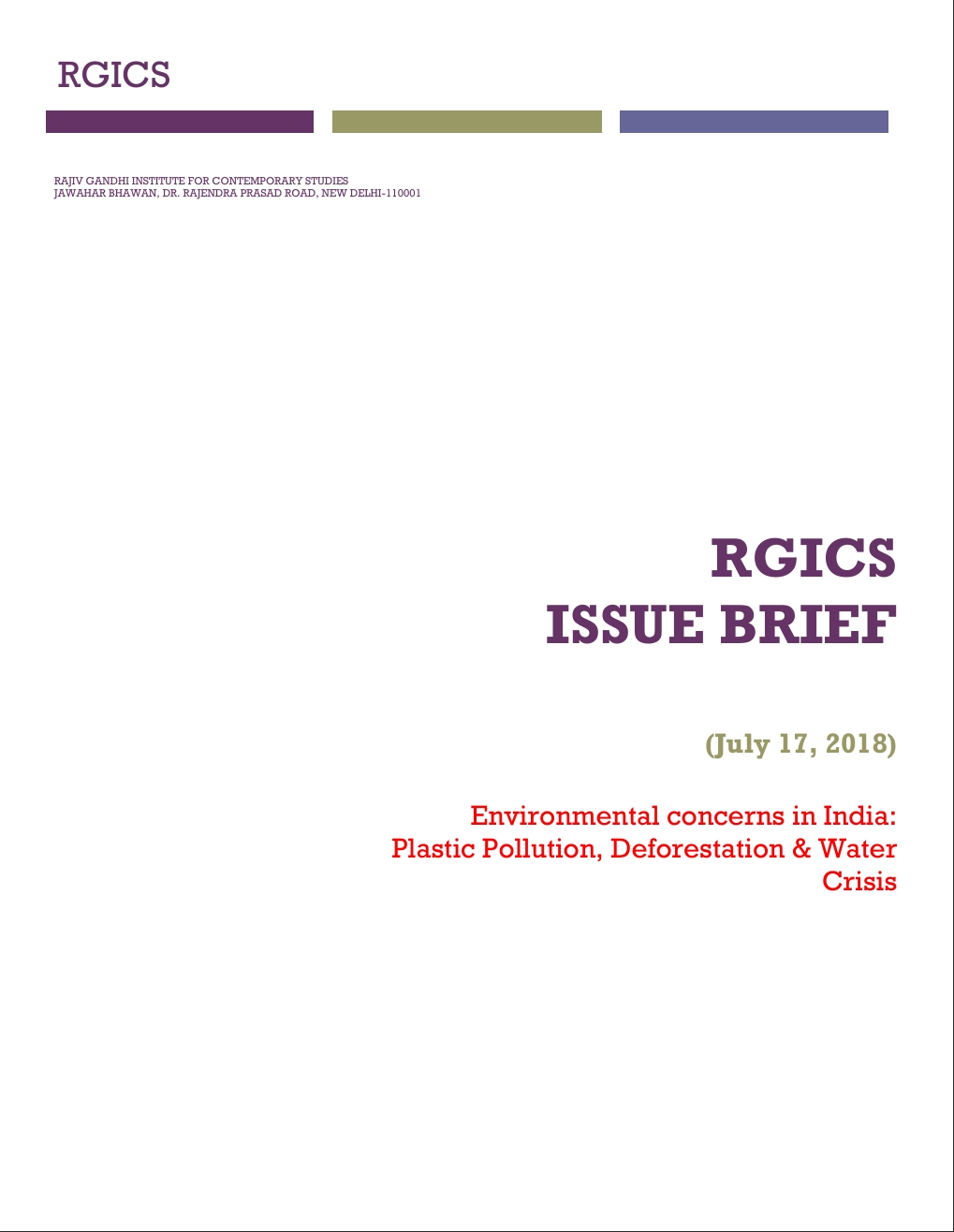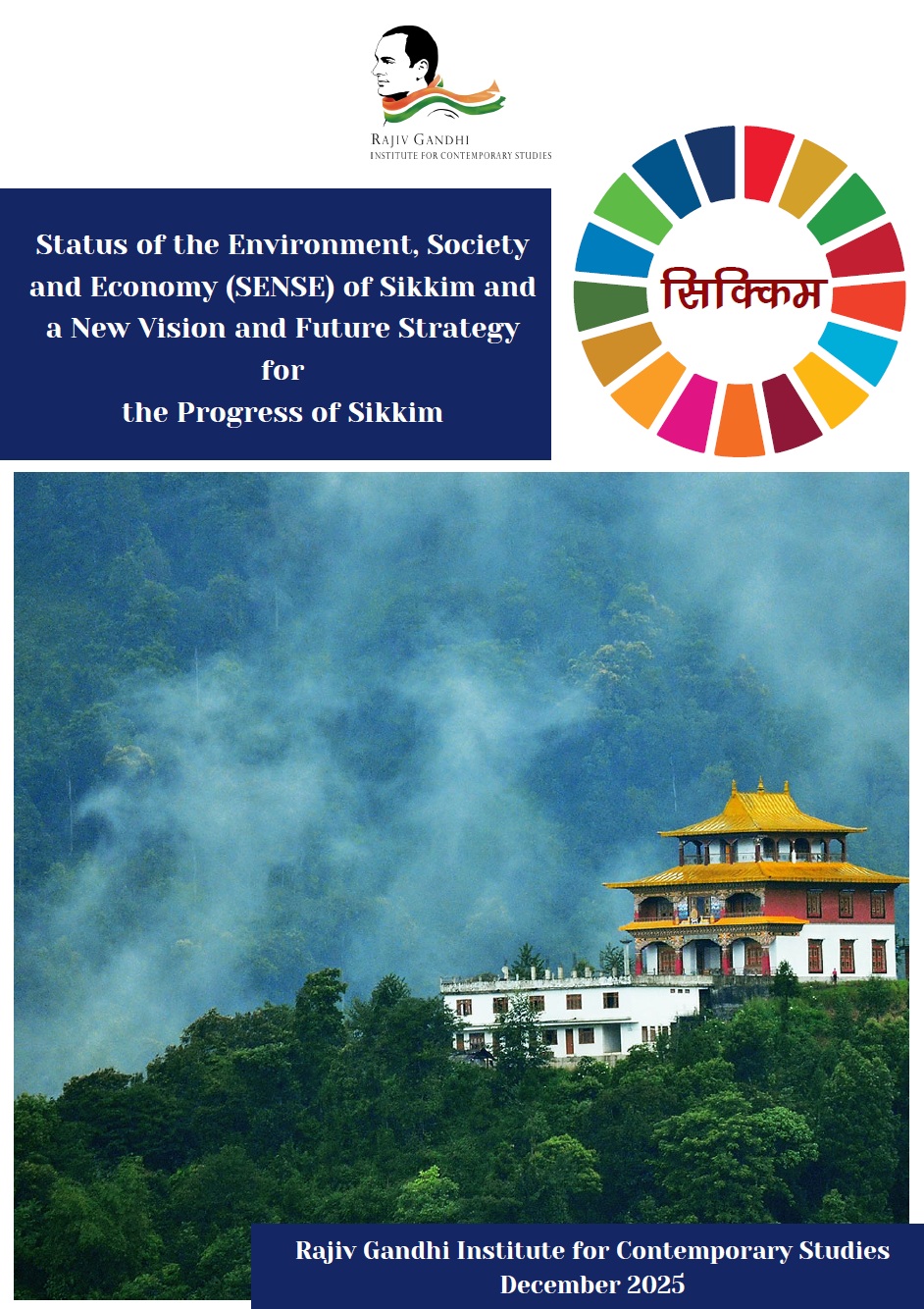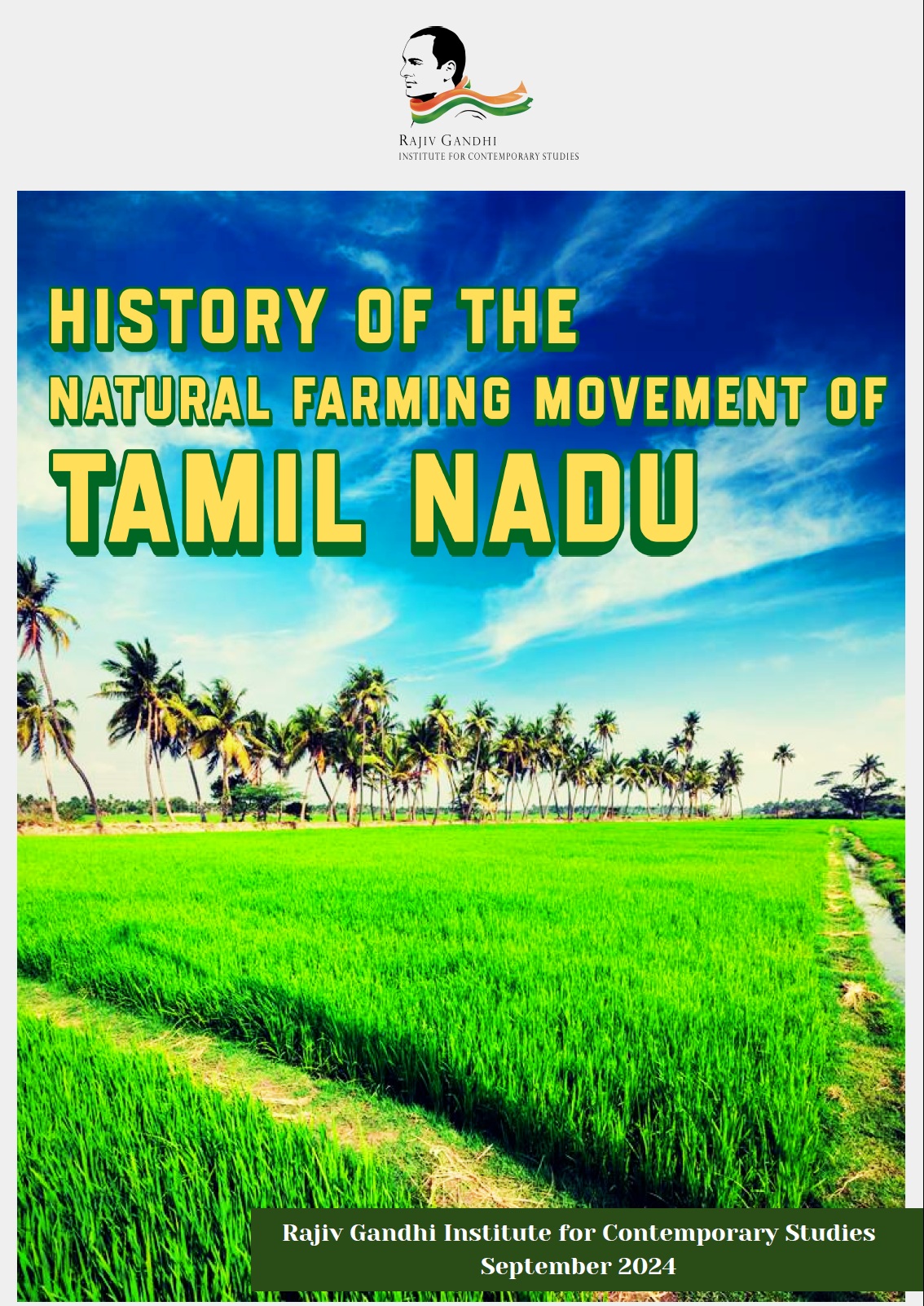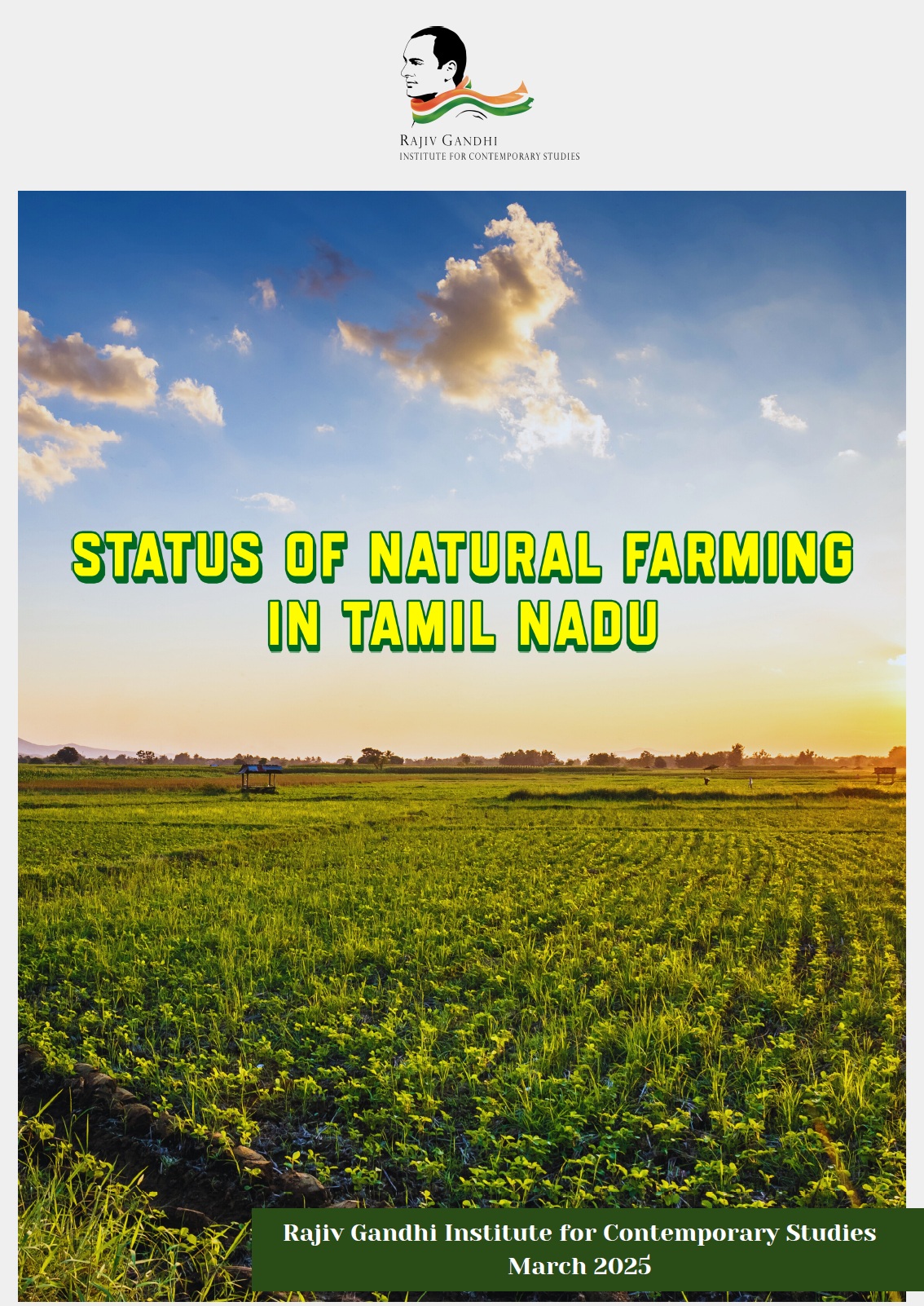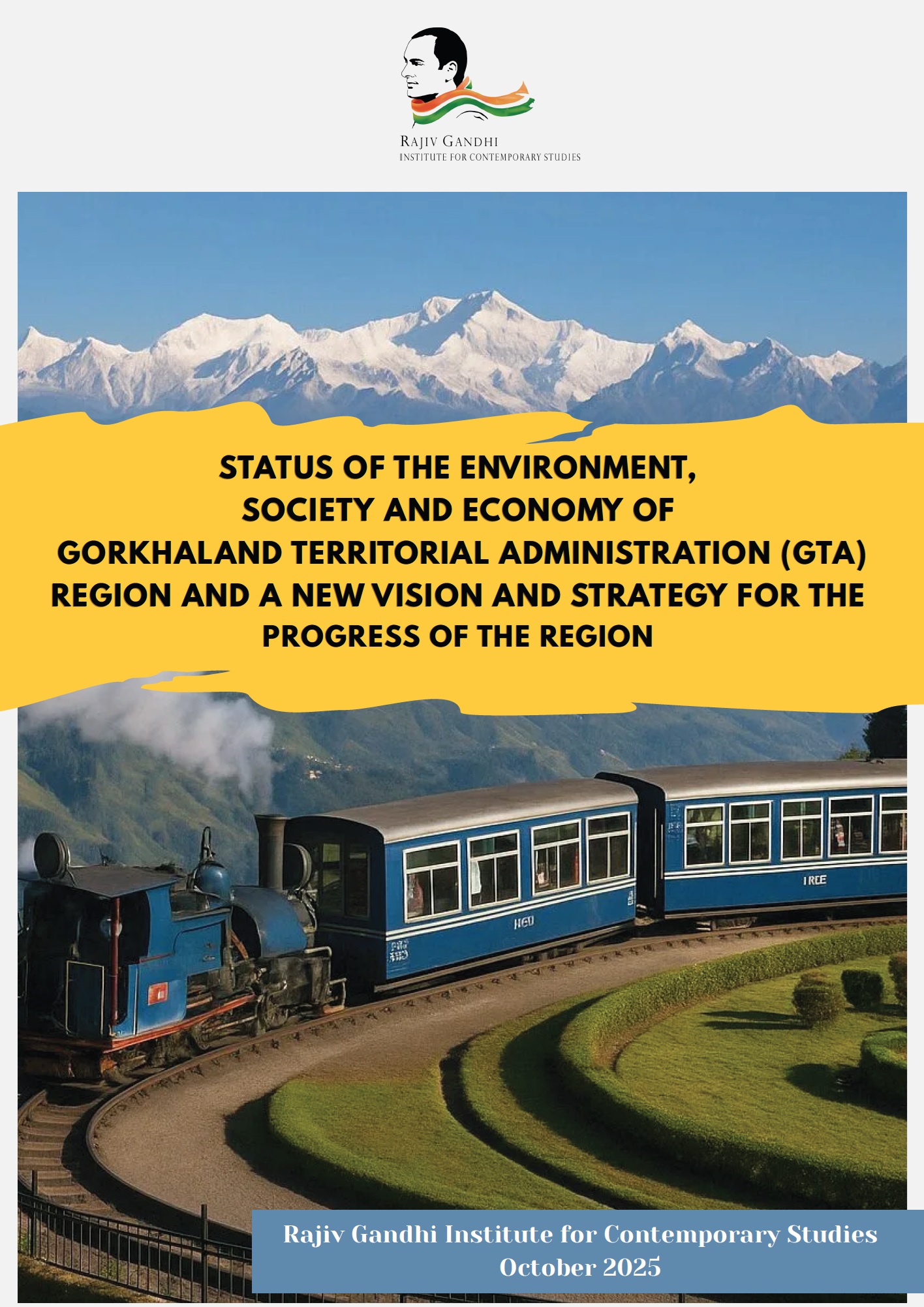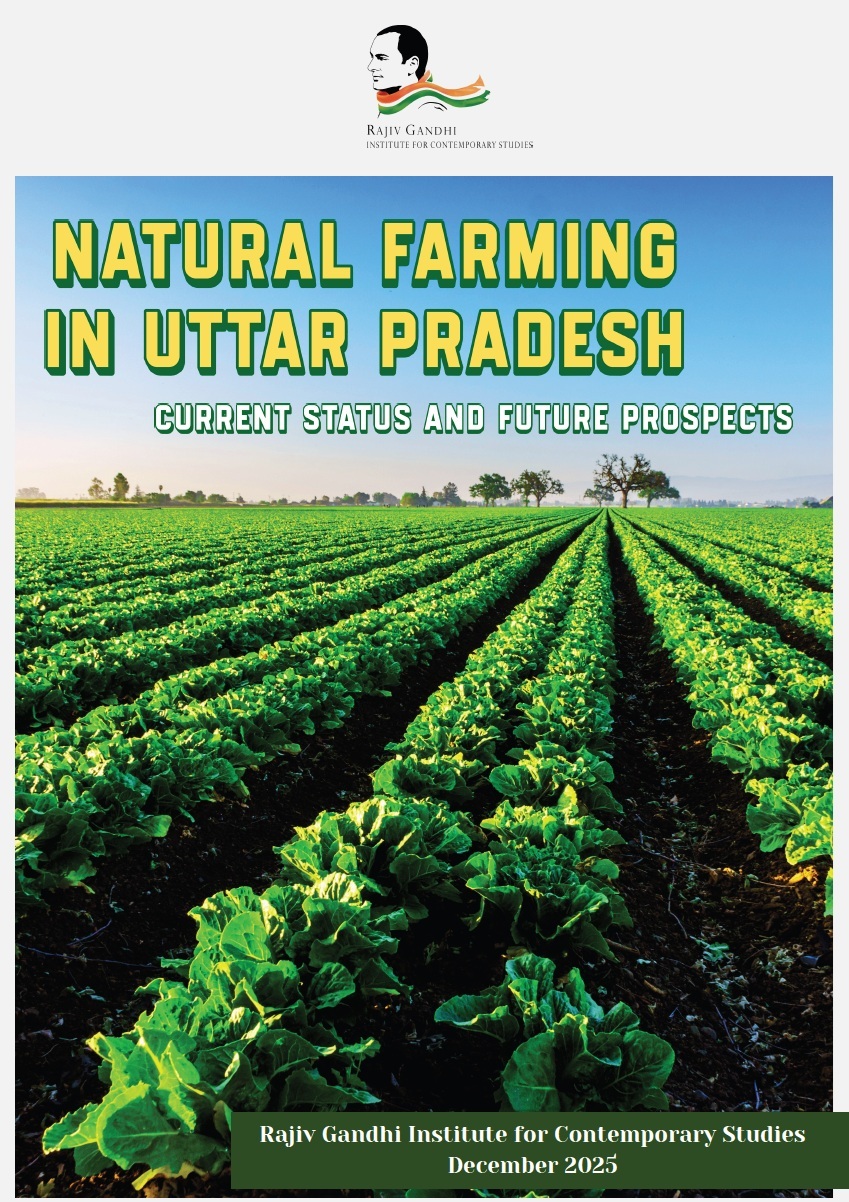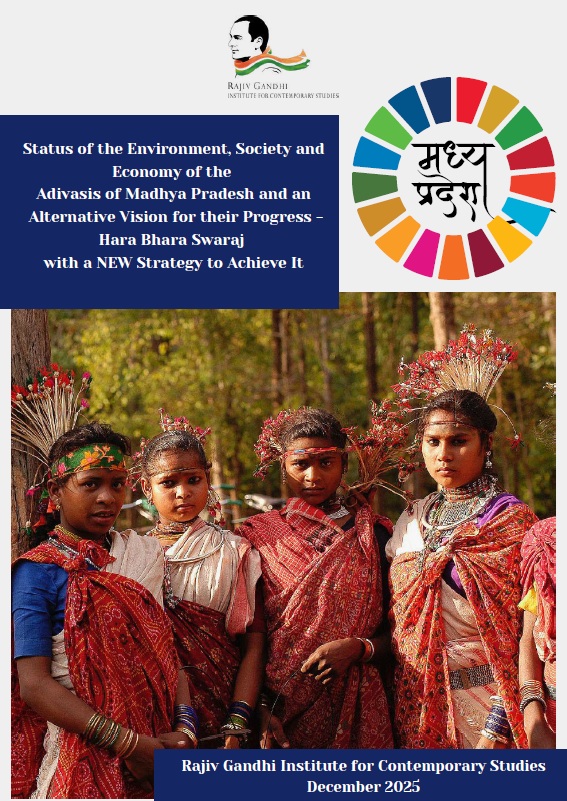The document highlights three of India’s biggest environmental challenges: plastic pollution, deforestation, and the water crisis. Plastic pollution is a growing disaster. India produces around 5.6 million tonnes of plastic waste every year, with nearly 70% of it turning into trash due to weak waste management systems and poor enforcement of regulations. Urban Local Bodies (ULBs) lack resources and technology to handle this crisis effectively. Most of the plastic ends up in rivers and oceans, harming wildlife and even making its way into the food we eat, posing severe health risks.
Deforestation is another alarming issue. Despite aiming for 33% forest cover as recommended by the 1952 Forest Policy, India barely manages 22%. From 2001 to 2017, over 9.4 lakh hectares of forest land were cleared for industrial projects and development. This massive loss of natural forests not only harms biodiversity but also impacts climate regulation, making India’s fight against climate change even harder.
The water crisis is just as concerning. With more than 60% of irrigation and 85% of drinking water coming from groundwater, over-extraction is drying up water tables across the country. Pollution from industries and untreated sewage is poisoning major rivers, making clean water a rare resource. This issue is now sparking conflicts between states over water-sharing.
The document stresses that urgent policy reforms, better enforcement of laws, and genuine community involvement are essential to tackle these intertwined problems before it’s too late.
Keywords: Plastic Pollution, Deforestation, Water Crisis, Waste Management, Groundwater Depletion, Climate Change, Urban Local Bodies (ULBs), Biodiversity Loss, Industrial Pollution, Environmental Laws
Environmental concerns in India: Plastic Pollution, Deforestation & Water Crisis
Send download link to:

